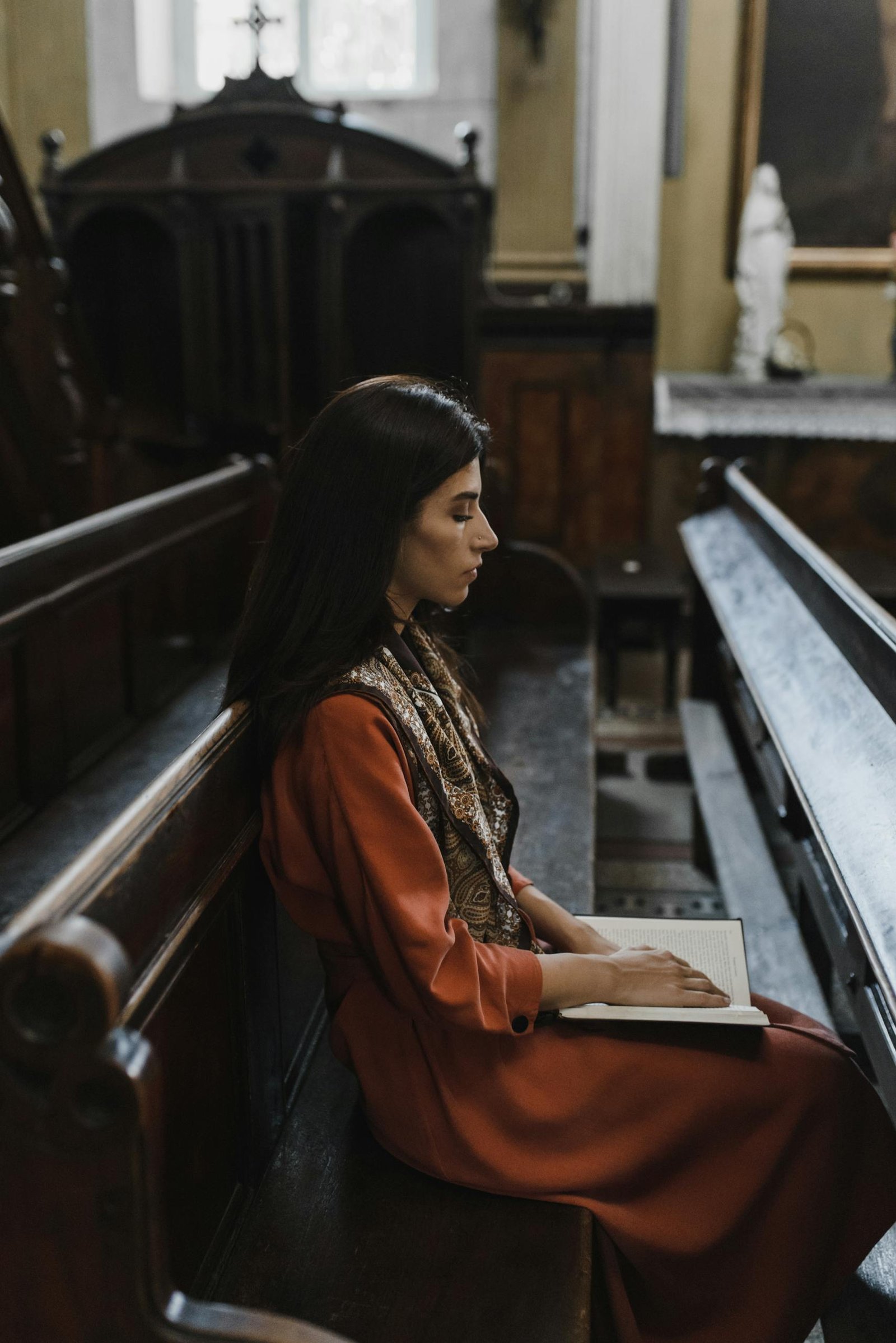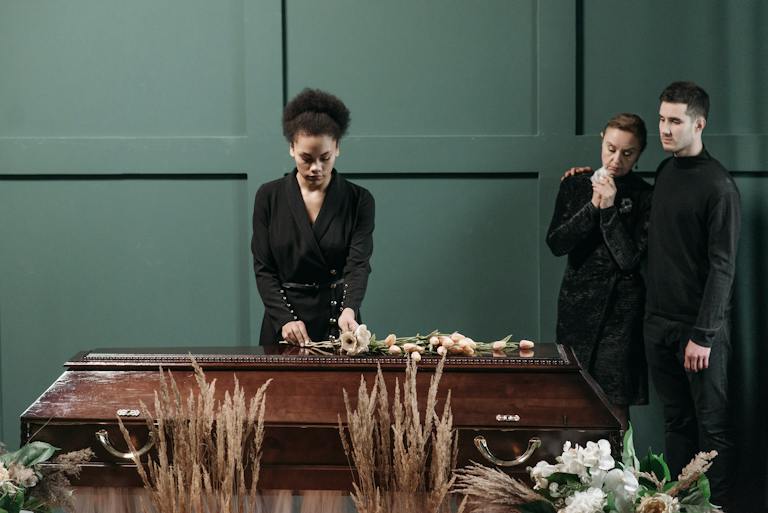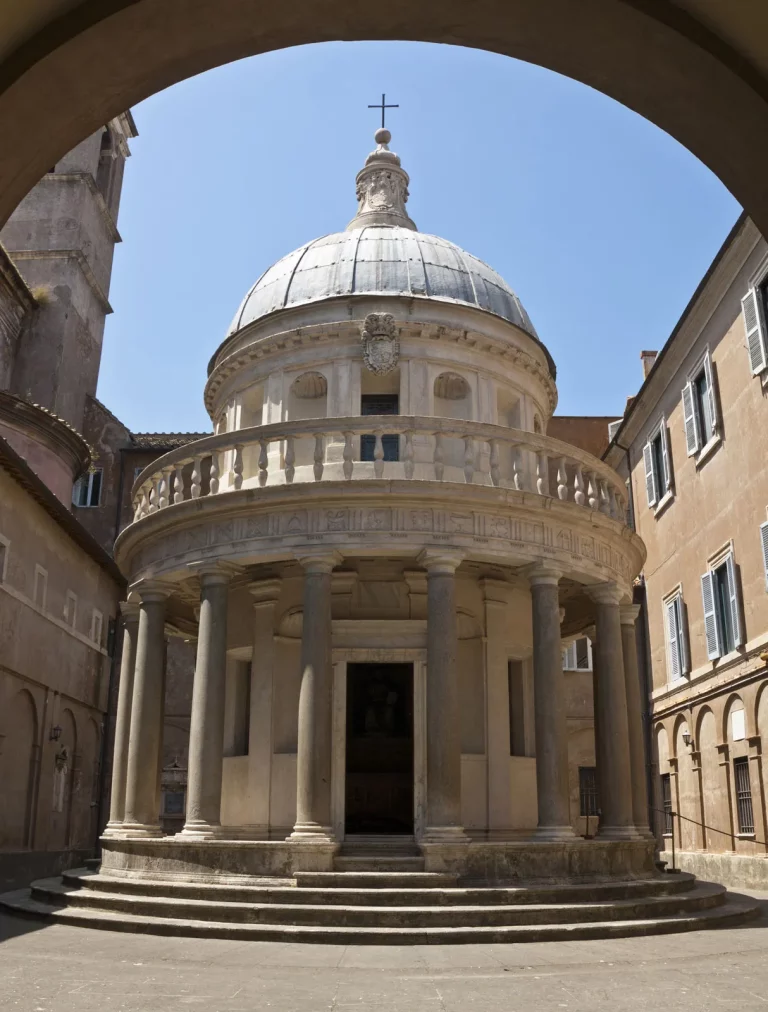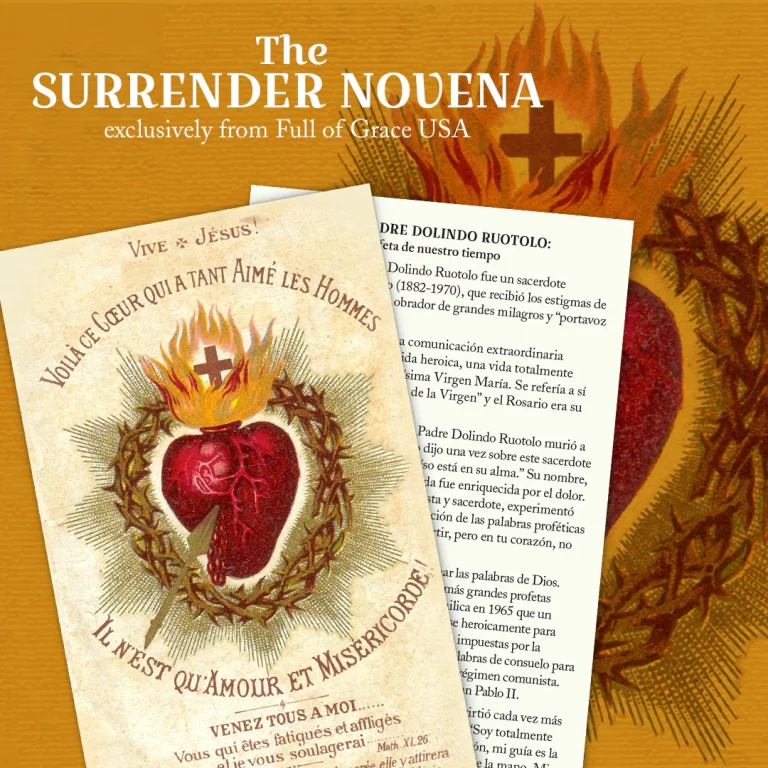Do Catholics worship Mary?
The short answer is no, Catholics do not worship Mary in the same way they worship God. However, Catholics do highly venerate and honor Mary as the Mother of Jesus Christ and Mother of God. This veneration may appear to some non-Catholics as worship, but that is a misunderstanding.
In this post, I hope to clarify some common misconceptions around Catholic Marian beliefs and practices and explain why they honor Mary while still worshiping God alone.
Who is Mary?
Mary is the mother of Jesus Christ, whom Christians believe to be the Son of God and divine savior. That makes her a very special and revered figure. Catholics believe Mary was conceived without original sin and lived a sinless life. She gave birth to Jesus while still a virgin.
After Jesus ascended to heaven, Catholic tradition holds that Mary was also bodily assumed into heaven. From heaven, Mary can hear and intercede for believers on earth. As the earthly mother of Jesus, she retains a motherly role toward his followers too.
Key Catholic Beliefs About Mary
While views vary, here are some key Catholic doctrines regarding Mary:
- Mary as Theotokos – This means “God-bearer” and affirms that Mary bore in her womb and gave birth to the divine Son of God.
- Perpetual Virginity – Mary was a virgin before, during and after giving birth to Jesus.
- Immaculate Conception – Mary was conceived without original sin and remained free from sin her entire life.
- Assumption into Heaven – At the end of her life, Mary was bodily assumed into heaven.
- Queen of Heaven – Mary serves as queen in the kingdom of heaven at the right hand of Christ the King.
- Intercession: From heaven, Mary hears and prays for those still on Earth.
These teachings give Mary great honor and merit deep reverence. But they do not ascribe divinity to her. She is not worshiped as part of the godhead.
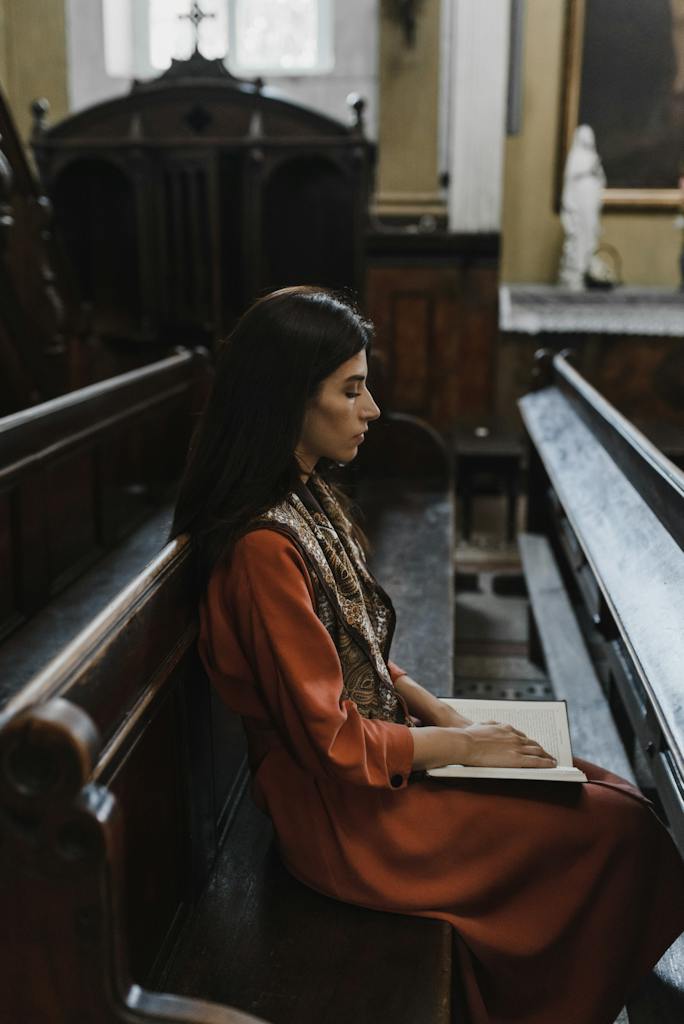
Why is Mary Venerated?
Catholics recognize Mary has a special role that deserves special honor. She was chosen before all time to be the mother of Jesus Christ, nurturing and raising the very Son of God.
Her yes to God’s plan made the incarnation possible. Catholic teaching sees Mary as the ultimate model disciple and “the greatest of saints.” Her obedience, devotion, humility, and sacrifice merit the highest possible honors.
As the Mother of God, Mary’s place is unlike any other human persons’. Except for Christ alone, no other saint is as exalted as she. And as our intercessor in heaven, Mary brings our prayers to her Son. These core Catholic beliefs explain the great love for Mary.
Still, while Mary’s status is unmatched among human beings, she remains human, not divine. Latria versus Dulia
An important distinction in Catholic theology is between “latria” and “dulia.” Latria refers to the honor and adoration properly due only to God Himself. This includes offering prayers and sacrifices to Him.
Dulia refers to veneration due to saints and important religious figures like Mary and the angels. These created beings can be honored but not worshipped with latria, which is reserved for God alone.
Hyperdulia specifically refers to the highest veneration appropriate to Mary alone of all the saints. Though greatest of saints, she too is due hyperdulia but never latria, since only the Trinity is divine.
Honoring Mary as Queen of Heaven
A common prayer Catholics address to Mary is the Salve Regina (Hail Holy Queen). In it, they recognize Mary as their queen and mother. It petitions:
“Hail, Holy Queen, Mother of Mercy! Our life, our sweetness and our hope! To thee do we cry, poor banished children of Eve. To thee do we send up our sighs, mourning and weeping in this valley of tears…”
Thisexpression of Mary as queen again honors her highly exalted place without replacing or competing with God Himself. There is room for only one Infinite Sovereign over all creation, which for Catholics is the Holy Trinity alone.
Still, God has appointed Mary as queen mother over His kingdom, for she bore the King of Kings. Like the queen mothers in the kingdom of Israel, her place is one of honor and authority under the supreme King Himself.
Praying the Rosary
The rosary, a beloved Catholic devotion, centers on extended meditation on the life, death, and resurrection of Jesus Christ. Praying the rosary’s prayers and mysteries brings us closer to Christ.
With its “Hail Marys,” asking for her intercession, and “Glory Bes” praising the Trinity, the rosary exemplifies how Marian devotion always glorifies God. Respect for the queen mother alongside the King in no way detracts from His sole sovereignty.
Marian Prayers and Titles
Prayers asking for Mary’s intercession remain completely subordinate to and centered on Jesus, humanity’s sole redeemer. Catholic theology stresses it is always Christ and Christ alone who freely chooses whether to grant requests made through Mary or other saints.
Likewise, lofty titles for Mary like “Mediatrix” and “Co-Redemptrix” in no way imply her divinity or inclusion in the Godhead. They refer only to her utterly unique human role in salvation history in bringing Christ to the world. The Trinity alone redeems and saves.
Veneration vs. Worship
With this background, hopefully it becomes clearer why Mary merits special veneration while the Trinity alone receives worship.
Honoring Mary through holy images, prayers for her intercession, Marian feast days, devotions and pilgrimages are all forms of veneration. They in no way quality as the worship due to God alone.
Marian dogmas reveal her immense theological dignity. But centered on her Son, they cannot be confused with divinization. The Immaculate Conception celebrates God’s grace preserving Mary from sin, for example, not an intrinsic divine nature.
Conclusion
Catholics worship the Holy Trinity alone, while offering Mary hyperdulia. This veneration honors Mary’s extraordinary holiness and role in salvation history without worshipping her as divine.
Misunderstandings arise around these important distinctions between veneration due a saint and worship due to God alone. But proper Catholic theology leaves no doubt that while greatly honored for her part in God’s plan, Mary remains a finite creature like us, not part of the infinite Godhead.
I hope this overview has helped explain Catholic perspectives on Mary. Let me know if you have any other questions! God bless you!

